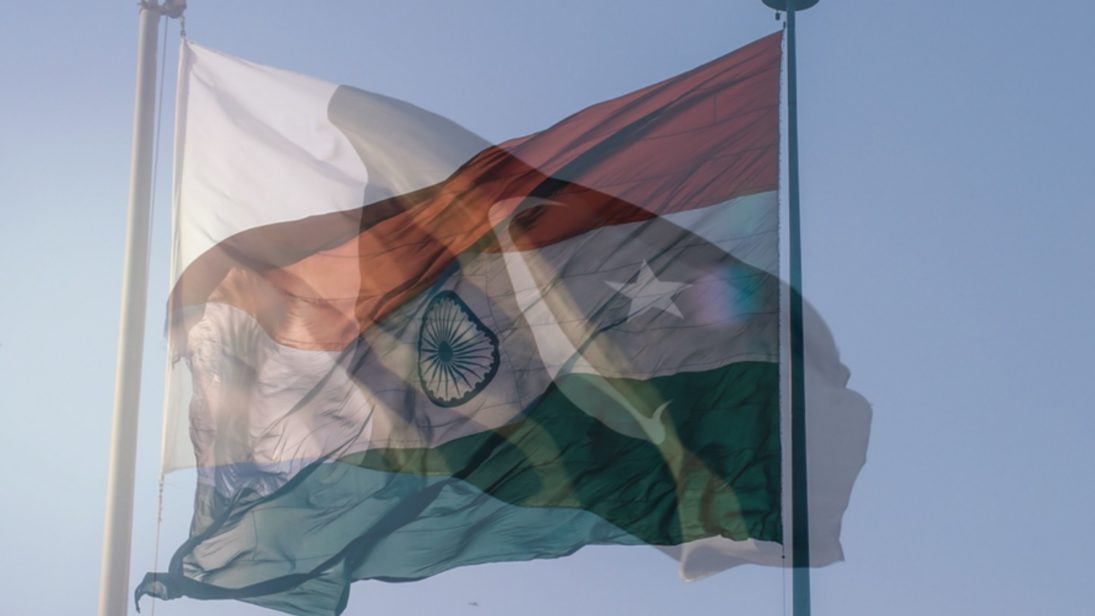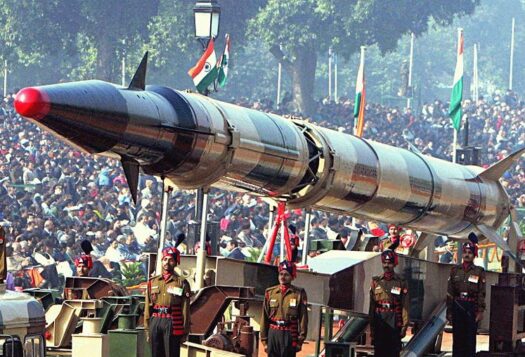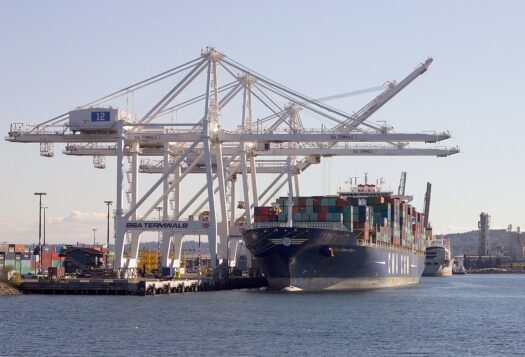
In our essay entitled “Charting Nuclear Security Progress in South Asia,” we explored whether voluntary declarations on civilian plutonium under the existing INFCIRC/549 Guidelines on the Management of Plutonium would be useful for India and Pakistan in the context of reducing risks related to nuclear terrorism. Four scholars – Muhammad Faisal, Maimuna Ashraf, Pooja Bhatt and Hina Pandey – shared their views in the South Asian Voices series “Multilateral Nuclear Information Sharing: The View from South Asia.” All raised considerable objections and challenges, but also assessed the benefits.
Briefly, Faisal agreed that transparency “may help to manage and mitigate the effects of nuclear competition by increasing the predictability of actions taken by either side” and suggested that measures such as sharing information on the management of nuclear materials “are in the national security interests of a state as it may prevent crises from spiraling out of control.” He also noted that improving trust outside of the India-Pakistan dyad could be helpful, specifically suggesting that adherence for a non-Nuclear Nonproliferation Treaty (NPT) member could enhance its credentials and signal commitment to the global nonproliferation regime. Faisal suggested that Islamabad’s recent announcement that it would voluntarily adhere to the Supplementary Guidance on the Import and Export of Radioactive Sources may indicate that Islamabad is open to participation in other mechanisms. He saw participation as “an opportunity to bolster Pakistan’s global messaging on the policy objectives and future trends of its growing nuclear energy program.”
Ashraf, Pandey, and Bhatt were less optimistic and saw less utility for India and Pakistan to make declarations under INFCIRC/549. Ashraf viewed the benefits of adherence as primarily cosmetic with few improvements to the safety and security of Pakistan’s nuclear material. Since all civilian spent fuel in Pakistan is under International Atomic Energy Agency (IAEA) safeguards, there was no need, in her view, for declarations. Faisal, on the other hand, concluded that precisely because of this, there should be no obstacles to adherence. Ashraf noted that Pakistan was unlikely to voluntarily report on plutonium no longer required for defense purposes due to national security concerns. All four authors acknowledged the difficulties both parties would have under a voluntary system of reporting where absolute reciprocity was not required. Ashraf also pointed to the lack of precedent for non-NPT member states offering such information voluntarily and the NPT-specific language in participating states’ declarations. In our view, this is not a show-stopper for expanded participation in INFCIRC/549 but rather something that can be finessed with careful language.
Pandey noted that adherence could ensure transparency, strengthen a nuclear security norm, and contribute to nuclear security in a region where the nuclear security architecture was still under construction. If both India and Pakistan participated, “South Asia will have its first nuclear transparency measure for civilian plutonium,” she stated. At the same time, Pandey argued there were few incentives for India to adhere given it has already subscribed to significant nuclear security commitments, including INFCIRC/869, to strengthen nuclear security in the post-summit environment, and is a party to all 13 international counterterrorism agreements. Bolstering its nuclear security profile, in Pandey’s view, was unlikely to help resolve China’s opposition to India’s membership in the Nuclear Suppliers Group.
Bhatt likewise viewed India’s participation as unlikely, but focused on deficiencies in the INFCIRC/549 mechanism. She suggested that “the voluntary and nonbinding nature of the guidelines may fail to advance mutual trust between India and Pakistan in any significant way” because without verification, it would be easy to provide inaccurate information. In Bhatt’s view, this would decrease rather than increase trust. She favored a bilateral approach, perhaps adding information regarding plutonium to existing bilateral confidence-building measures between India and Pakistan.
All four authors pointed to existing IAEA safeguards on their facilities and material as sufficient, equating IAEA safeguards with transparency. This is not the case, since safeguards information is held in confidence by the IAEA and summarized by categories only in the annual Safeguards Implementation Report. The fact that non-nuclear weapon states under the NPT with comprehensive safeguards also participate in reporting under INFCIRC/549 was not raised by these authors as suggestive of the need for transparency beyond safeguards. Likewise, the authors did not explore why nuclear weapon states and non-nuclear weapon states have undertaken similar obligations under INFCIRC/549 in this manner.
Contrary to some perspectives, the nuclear weapon states do not have a “mandatory” requirement for transparency, even if some non-nuclear weapon state members of the NPT see it that way. INFCIRC/549 is one of several different mechanisms that help build a norm of transparency that has grown since the end of the Cold War and needs to be nurtured further. The fact that there is no uniform treatment of information across nuclear weapon states is precisely because they do not have mandatory disclosure requirements. Efforts to establish uniform reporting have been underway for many years, and progress is discernible but slow.
All four authors brought up the need for secrecy in the service of security and sovereignty. Ashraf, in particular, stated that reporting would “compromise the secrecy, deliberate ambiguity, and deterrence of Pakistan’s national security interests.” Pandey suggested that a culture of transparency is still developing in India, which does not publish information about its capabilities. However, Faisal noted that secrecy does not stop a public debate about stockpiles and asked why Pakistan should “not get ahead of the narrative and lead it?” Analysts should explore ways in which necessary ambiguities can be preserved while sharing information in other areas. The United States and Russia have decades of experience in this.
There were a few interesting perspectives on legitimacy. Faisal suggested that “the United States makes information public because its nuclear status is legitimate under the international nonproliferation regime,” while all four assumed that membership in international export control regimes would confer some kind of status. We do not believe it is helpful to distinguish between “legitimate” and “illegitimate” nuclear weapon states. Nuclear weapons pose significant risks to humanity and all states with nuclear weapons bear special responsibilities for taking steps toward their ultimate elimination, while ensuring they are safe and secure until elimination. Another issue that deserves further analysis is the particular responsibility of democratic states regarding accountability of their nuclear programs whether for weapons or civilian purposes.
******
South Asian Voices (SAV) endeavors to ensure its contributors are influencing policy debates in India, Pakistan, and the United States. To this end, our feature Experts Ki Rai periodically has experienced South Asia specialists weigh-in on contributors’ analysis, in the hope of continuing to advance meaningful dialogue on the subcontinent and beyond. In this special edition of Experts ki Rai, Sharon Squassoni and Cindy Vestergaard, of the George Washington University and the Henry L. Stimson Center respectively, respond to SAV’s series “Multilateral Nuclear Information Sharing: The View from South Asia.“
***
Image: Stimson Center


